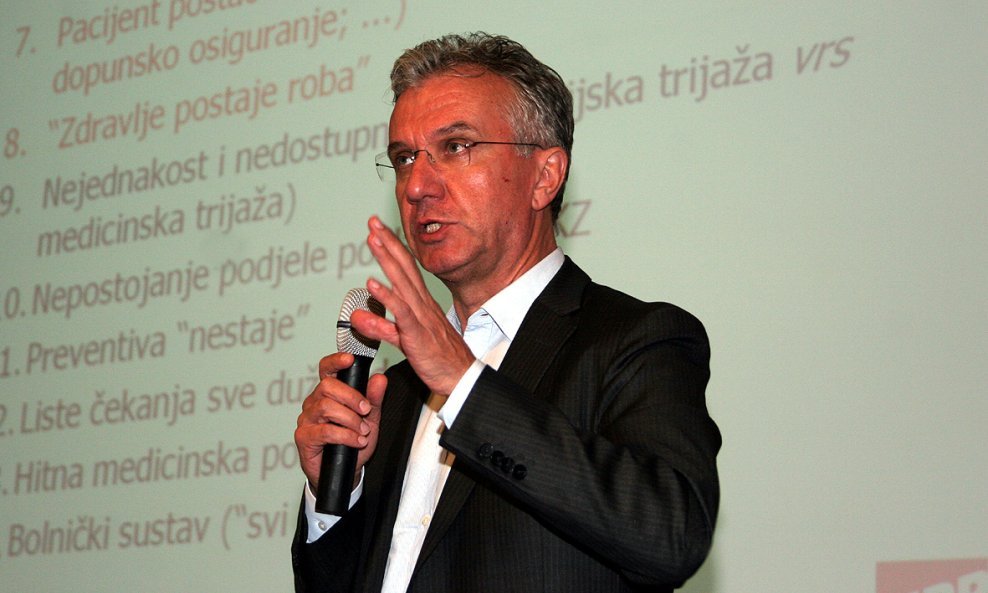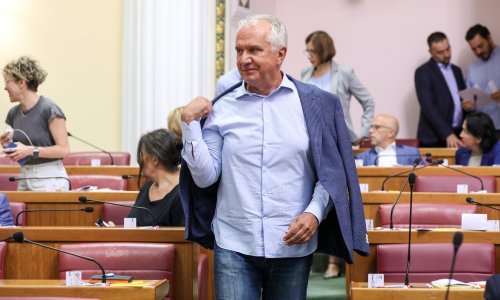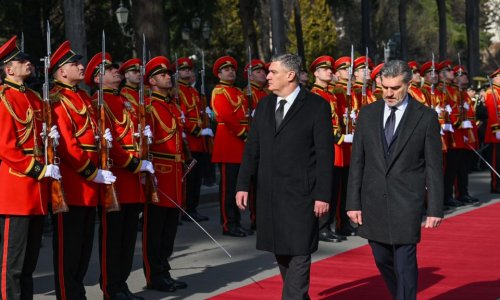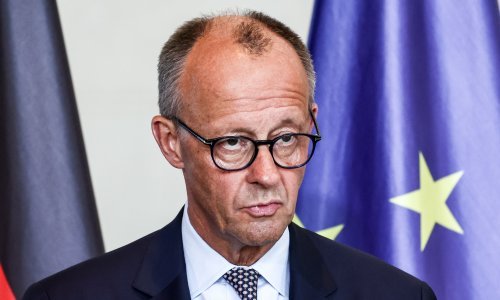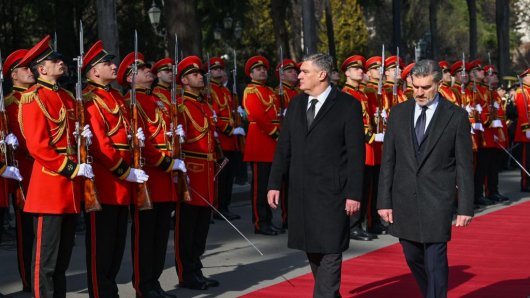The first regional ministerial conference on organ donation and transplantation started at Zagreb's Sheraton Hotel on Monday, bringing together representatives from a dozen Southeastern European countries. The purpose of the conference is to provide political support for health ministers in the region in developing successful organ donation and transplantation programmes based on ethical principles.
Croatia is the world's leading country in terms of the number of kidney and liver transplants, and with 33 effective organ donors per one million inhabitants it ranks first in the world.
"We have a long tradition in organ transplantation, excellent doctors and nurses, but all of that cannot be capitalised on if there is no political support," said Ostojic.
He went on to say that the political support had first come from the coalition government led by Ivica Racan, and was continued by all subsequent health ministers.
"Today we are among the world's leading countries according to the number of explantations, organ donations and kidney and liver transplants," said Ostojic.
He offered to the conference's participants the Croatian know-how and expert and administrative assistance so that they could establish self-sufficient systems of organ explantation and transplantation in their countries, as a precondition for the prevention of transplant tourism and all other types of commercialisation in organ donation and transplantation.
Ostojic said that Croatian experts would help perform the first kidney transplant in Podgorica, Montenegro, in July.
Addressing the conference, President Ivo Josipovic said that he was proud of Croatia's leading position in the region, adding that it was an important achievement for a small country like Croatia.
Foreign Affairs and European Integration Minister Vesna Pusic pointed to the need to create a positive attitude in society to organ donation.
Croatia currently chairs the South-eastern Europe Health Network, and the secretary-general of the Regional Cooperation Council, Hido Biscevic, said that the RCC was committed to cooperating with all regional centres as well as other parts of the international community.
The representative of the World Health Organisation's Regional Office for Southeastern Europe, Hans Kluge, said that organ transplantation had been on the WHO's agenda for 50 years, because it was frequently the only possible kind of treatment.
He said that 60,000 people were waiting for organ transplants, and that only 26,000 would get new organs, which evidenced the importance of preventive medical programmes.
In 2011, there were 413 organ transplants in Croatia - 239 kidney, 124 liver, 38 heart and 12 pancreas transplants. There were 34.9 percent of current organ donors per one million inhabitants, 33.5 effective organ donors per one million inhabitants, 53.6 kidney transplants from deceased donors per one million inhabitants, 28.2 liver transplants from deceased donors per one million inhabitants, and 8.8 heart transplants per one million inhabitants.
Compared to 2010, the number of organ donors increased by 13% and the number of transplants by 4%, while the number of patients dropped by 14%.



